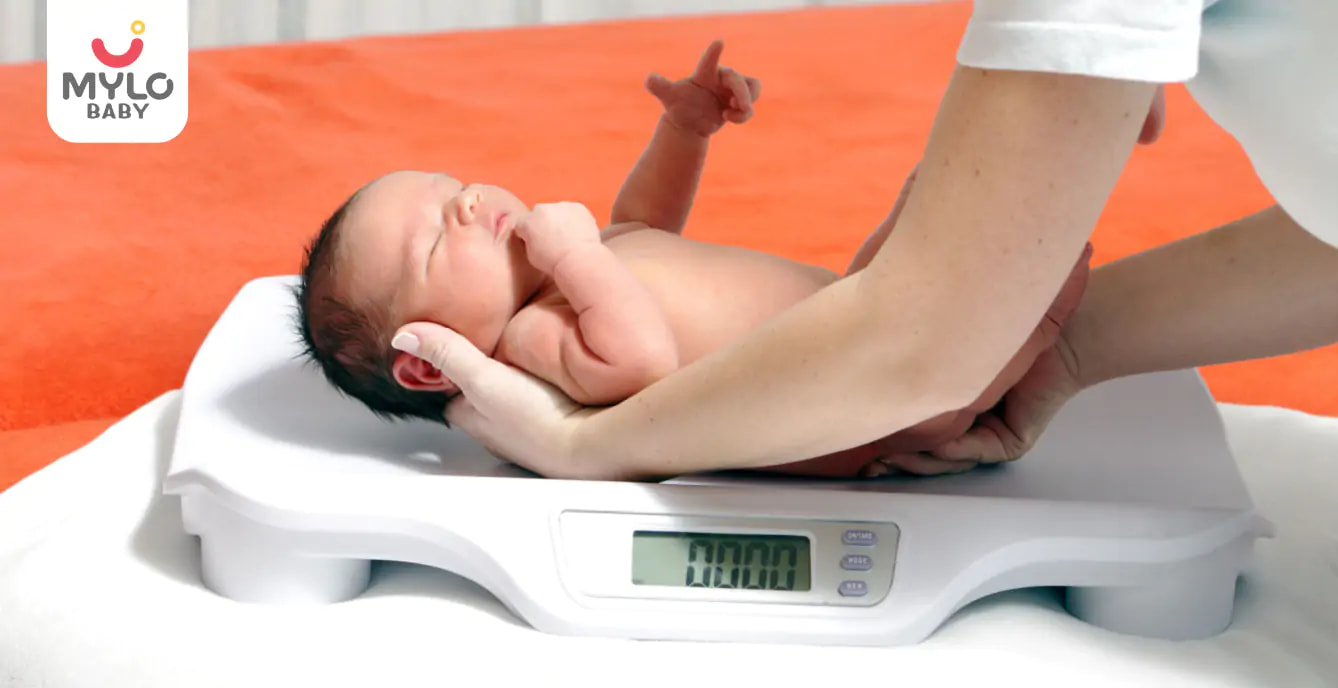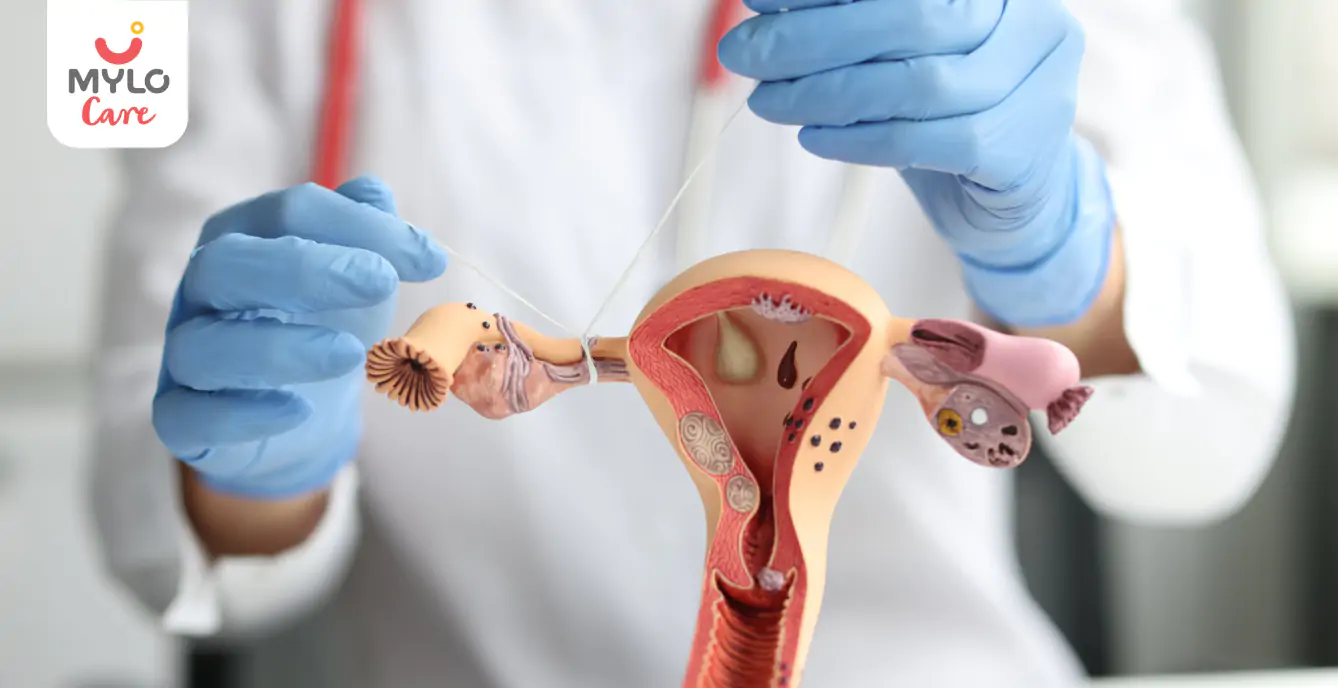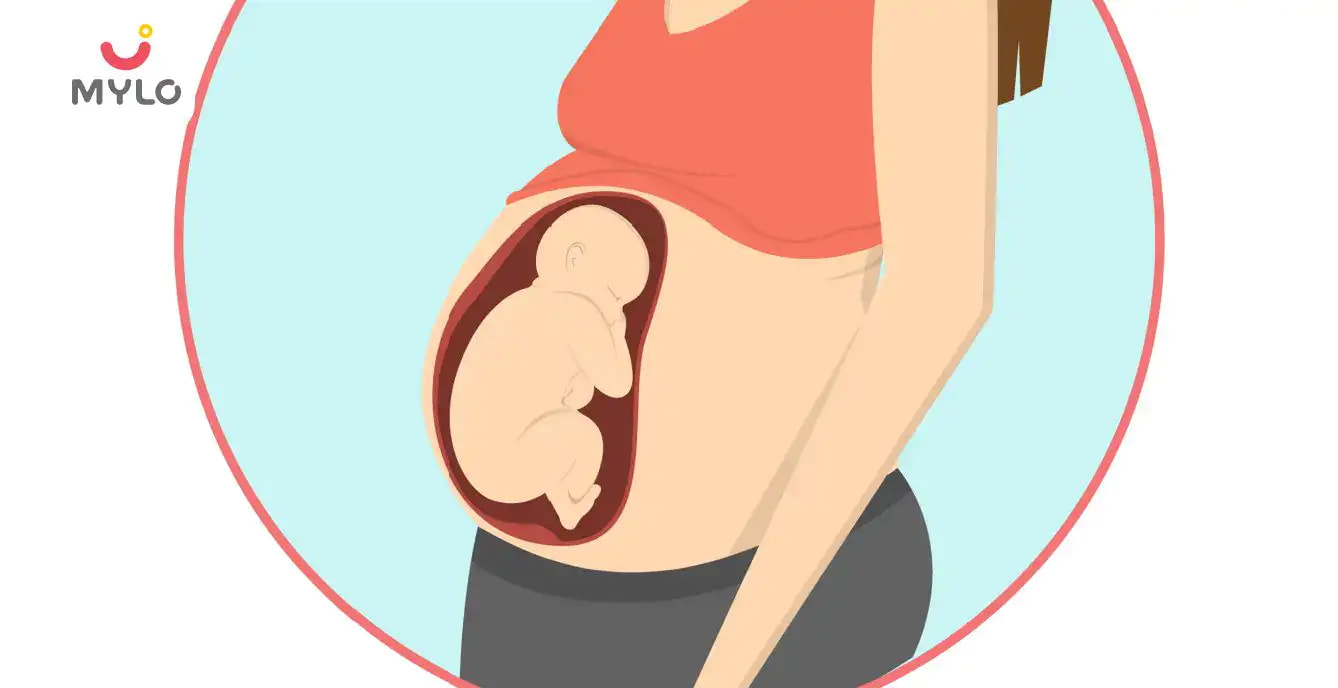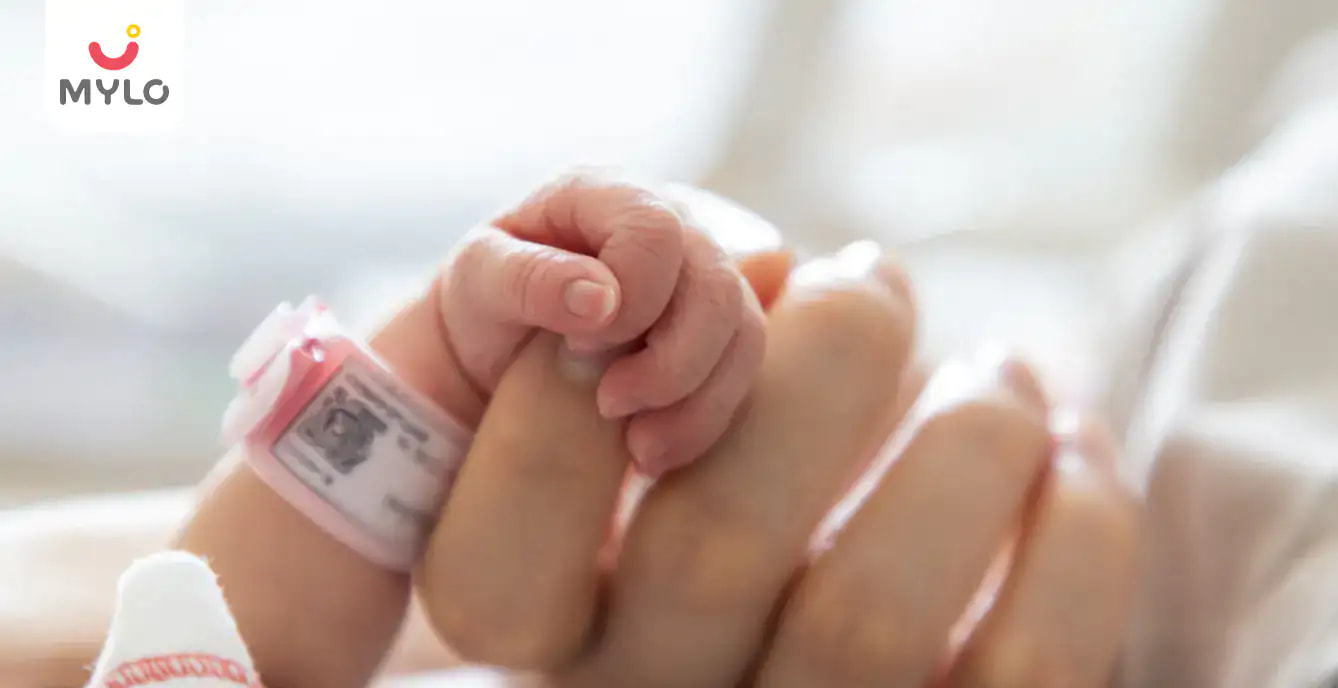Home

Weight Gain

Low Birth Weight: Causes, Complications & Treatment
In this Article

Weight Gain
Low Birth Weight: Causes, Complications & Treatment
Updated on 16 February 2024



Medically Reviewed by
Kusum Sabharwal
Obstetrician & Gynecologist - MBBS| DGO
View Profile

All new parents have a lot to worry about the health and well-being of their newborn. While some of them might just be natural worries, there are some that could really be reasons for concern. Low birth weight is one such issue and it is important to understand what it is, its causes and its treatment.
What is low birth weight?
A baby is considered to have low birth weight if he or she is born weighing less than 2,500 grams or 5 pounds, 8 ounces. While certain underlying medical conditions lead to low birth weight, not all babies with low birth weight suffer from medical conditions or illnesses. Some babies could just be born with a low weight due to a variety of reasons and low birth weight is not considered problematic.
What causes low birth weight?
Let us understand the most common causes of low birth weight:
1. Premature birth
Premature birth is the most common cause of low birth weight as the baby gets lesser time to grow and gain weight inside the mother’s body. The earlier the baby is born, the lesser weight he or she is likely to have.
2. Intrauterine Growth Restriction (IUGR)
Another cause of low birth weight is a medical condition called intrauterine growth restriction (IUGR) in which the baby’s growth doesn’t happen properly during pregnancy.
3. Additional reasons
Additionally, things like smoking and drinking, infections and previous low birth weight pregnancy can also cause the baby’s low birth weight.
What are some complications of low birth weight?
Low birth weight babies can face many problems as they are not strong enough. Some of these problems include:
-
Low oxygen levels
-
Difficulty in feeding and staying warm
-
Breathing problems
-
Problem in gaining weight
-
Problems with internal organs like lungs, intestines and digestive system
-
Being more prone to infections
-
Problems regulating blood sugar
-
Higher chances of problems like cerebral palsy, asthma, blindness and stunted development as they grow old
How can low birth weight be treated?
Treatment for low birth weight usually depends on the baby's condition, age and general health. Treatment for low birth weight usually includes the following:
1. Neonatal Intensive Care Unit (NICU)
Almost all low-birth-weight babies are placed in the neonatal intensive care unit (NICU) for special care till they gain some weight and are feeding and breathing well. Such babies also need special medical follow-ups, diet and medications. Most low-birth-weight babies achieve normal growth after some time if they don’t have any serious complications or problems.
2. Temperature-controlled beds
Babies with low birth weight are also placed on temperature-controlled beds to provide them with the ideal environment for rapid growth and development and prevent any further complications as they are very vulnerable.
3. Special feedings
Sometimes babies with low birth weight are also given special feedings through a tube in their stomach if they are unable to suck. Or they may be given food through an intravenous line (IV).
How can low birth weight be prevented?
Here are some ways you can prevent low birth weight:
- You should try to prevent preterm labour and birth in order to prevent your baby from being born with a low birth weight.
- Follow a healthy and balanced diet during pregnancy to gain enough weight and help your baby grow.
- Avoid drinking alcohol, smoking or using drugs as they can increase the chances of low birth weight and other problems.
The best way to deal with low birth weight is effective prenatal care so that the chances of low birth weight are eliminated or reduced significantly.





Medically Reviewed by
Kusum Sabharwal
Obstetrician & Gynecologist - MBBS| DGO
View Profile


Written by
Parul Sachdeva
A globetrotter and a blogger by passion, Parul loves writing content. She has done M.Phil. in Journalism and Mass Communication and worked for more than 25 clients across Globe with a 100% job success rate. She has been associated with websites pertaining to parenting, travel, food, health & fitness and has also created SEO rich content for a variety of topics.
Read MoreGet baby's diet chart, and growth tips

Related Articles
Related Topics
RECENTLY PUBLISHED ARTICLES
our most recent articles

Medical Procedures
Laparoscopic Ovarian Drilling: A Safe and Effective Solution for PCOS-Related Infertility

Headaches
Headache During Pregnancy: The Ultimate Guide to Causes and Cures

Scans & Tests
Fetal Doppler Scan During Pregnancy: In which week should you get it done?

Sleep
How Long Should Naps Be While Pregnant?

Fertility Problems
Blocked Fallopian Tubes: How They Affect Your Chances of Conceiving

How Do You Notify Your Employer That You Are Pregnant?
- The Ultimate Guide to Consuming Tapioca During Pregnancy
- Braxton Hicks Contractions or Real Labor: How to Tell Them Apart?
- Top 10 Tips For The Third Trimester Of Your Pregnancy
- Maternity Leave 101: Rules, Benefits & Timings for Expectant Working Women
- The A-Z Guide to Identifying Summer Vegetables for Kids
- Christian Baby Girl Names That Stand the Test of Time
- The A-Z Guide on Purple Colour Fruits and Vegetables for Kids
- The A-Z Guide on Red Colour Fruits & Red Colour Vegetables for Kids
- The A-Z Guide on Yellow Fruits & Yellow Colour Vegetables for Kids
- Cervical Cancer: Causes, Symptoms & Prevention
- The A-Z Guide to Identifying Stem Vegetables for Kids
- Can Fetal Heartbeat Disappear and Reappear?
- The Ultimate Guide to Teaching Children 20 to 30 Tables
- GK Questions for Kids from Nursery to Class 6


AWARDS AND RECOGNITION

Mylo wins Forbes D2C Disruptor award

Mylo wins The Economic Times Promising Brands 2022
AS SEEN IN

- Mylo Care: Effective and science-backed personal care and wellness solutions for a joyful you.
- Mylo Baby: Science-backed, gentle and effective personal care & hygiene range for your little one.
- Mylo Community: Trusted and empathetic community of 10mn+ parents and experts.
Product Categories
baby carrier | baby soap | baby wipes | stretch marks cream | baby cream | baby shampoo | baby massage oil | baby hair oil | stretch marks oil | baby body wash | baby powder | baby lotion | diaper rash cream | newborn diapers | teether | baby kajal | baby diapers | cloth diapers |








